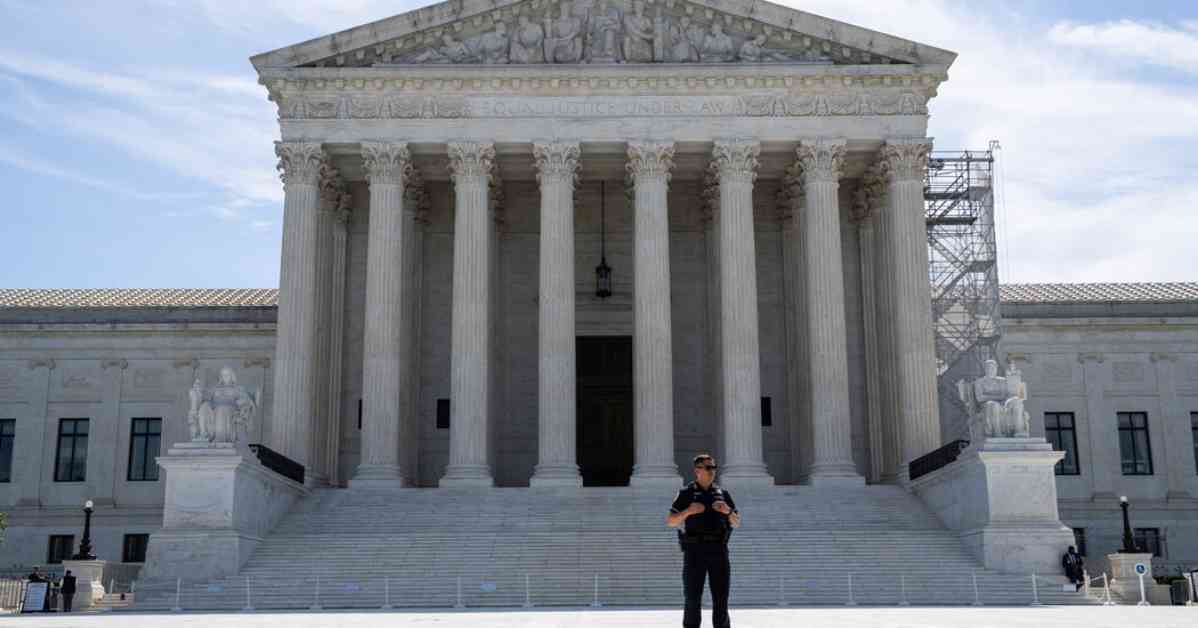The Supreme Court recently made a ruling allowing a former Texas city councilwoman, Sylvia Gonzalez, to pursue a lawsuit against officials who allegedly abused their power by arresting her in retaliation for exercising her First Amendment rights. This decision came after the court found that the appeals court had not properly considered the evidence presented by Gonzalez to prove that her arrest was politically motivated.
Gonzalez, who was 72 at the time of her arrest, had criticized the city manager and was subsequently charged under a criminal law that had never been used in the county in similar circumstances. The Supreme Court’s unsigned opinion stated that the appeals court had taken “an overly cramped view” of the evidence and instructed the lower court to reevaluate the case in light of Gonzalez’s claims.
This ruling is significant as it highlights the importance of protecting individuals’ First Amendment rights and ensuring that government officials are held accountable for any abuse of power. Gonzalez’s case serves as a reminder that freedom of speech is a fundamental right that should be safeguarded, even in the face of political backlash.
It is worth noting that Justice Samuel A. Alito Jr. issued a concurring opinion in this case, indicating that he believed Gonzalez’s claims had merit. This further underscores the gravity of the situation and the need for a thorough investigation into the circumstances surrounding her arrest.
As we await further developments in this case, it is important to reflect on the implications of this ruling. The Supreme Court’s decision sets a precedent for holding government officials accountable for their actions and sends a clear message that political retaliation will not be tolerated in a democratic society.
In conclusion, Sylvia Gonzalez’s pursuit of justice serves as a beacon of hope for individuals who may face similar challenges in the future. The Supreme Court’s ruling reaffirms the importance of upholding the First Amendment and ensuring that all citizens have the right to express their opinions without fear of retribution. As the case moves forward, it will be crucial to monitor the progress and see how this landmark decision shapes the landscape of free speech and political accountability in the United States.





















